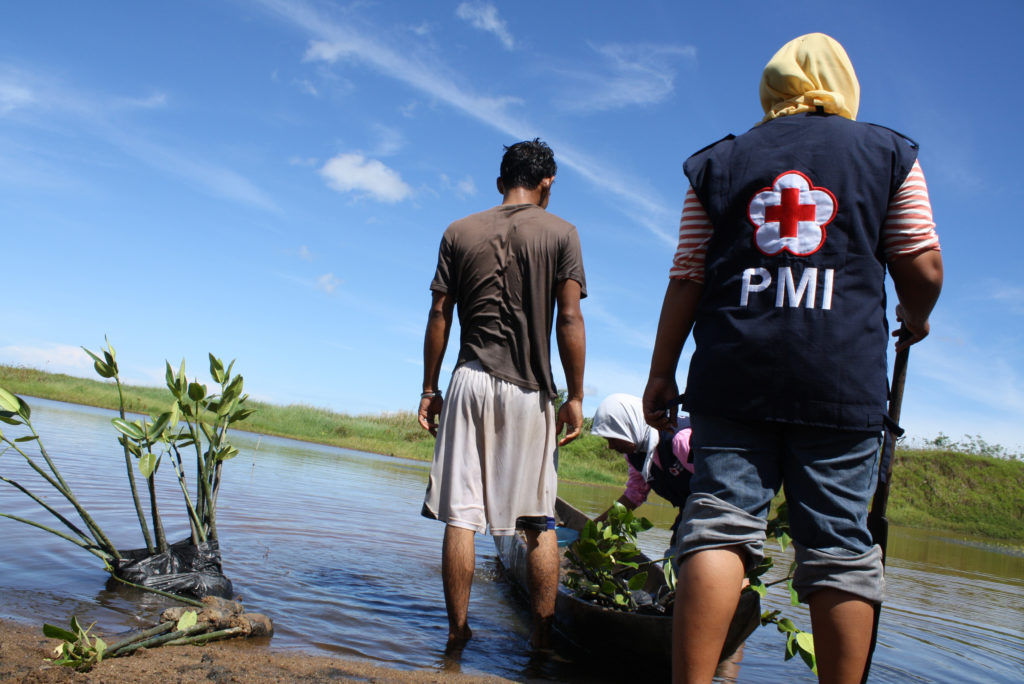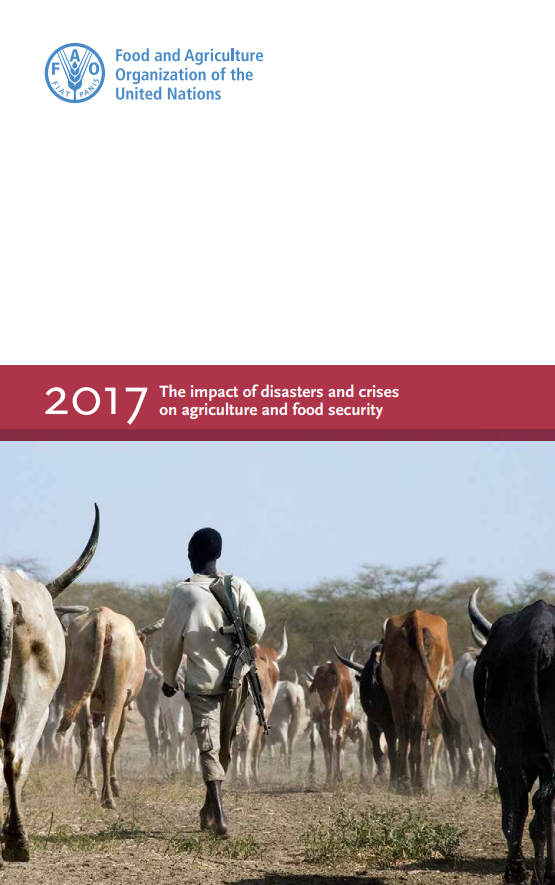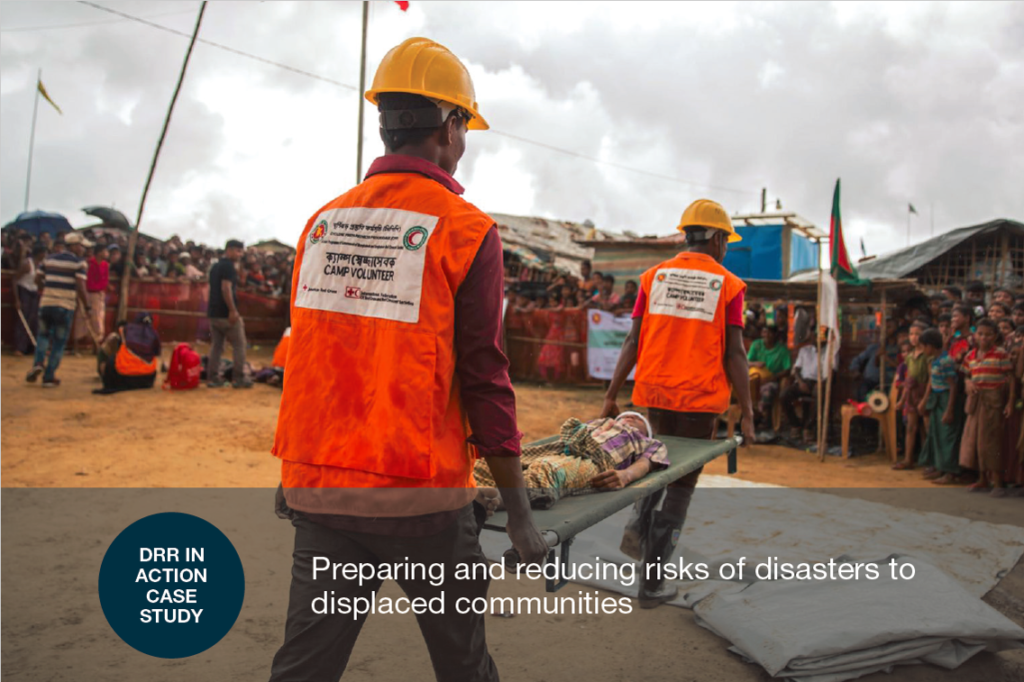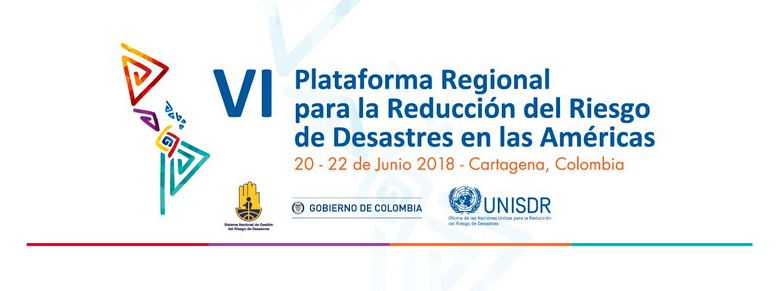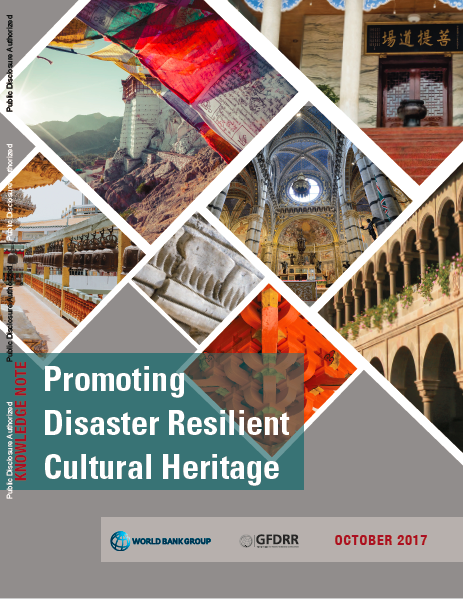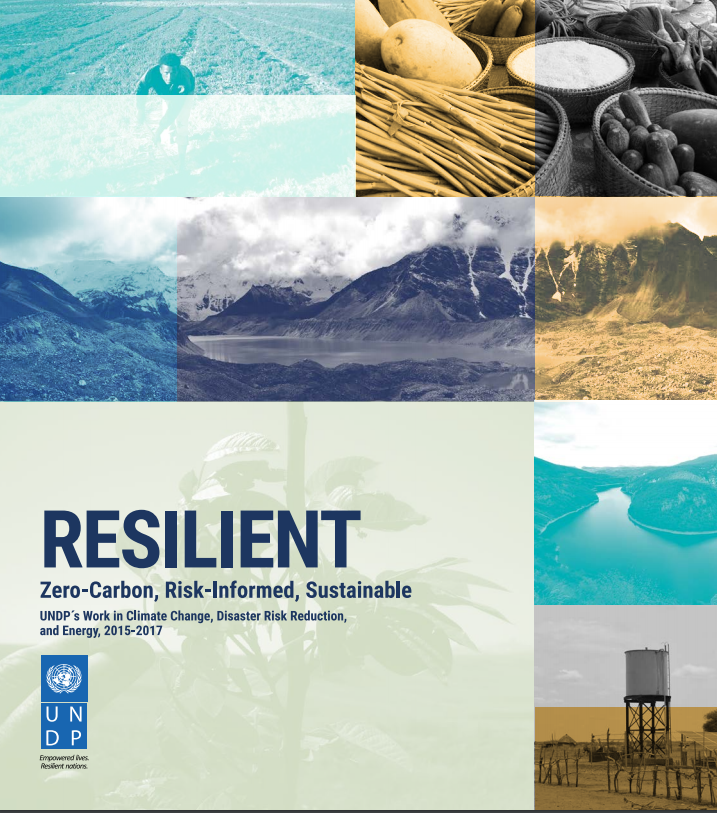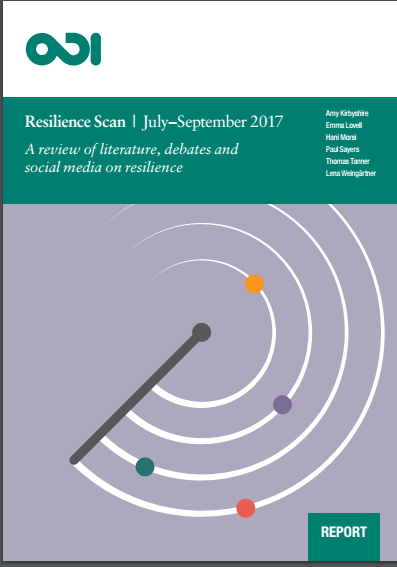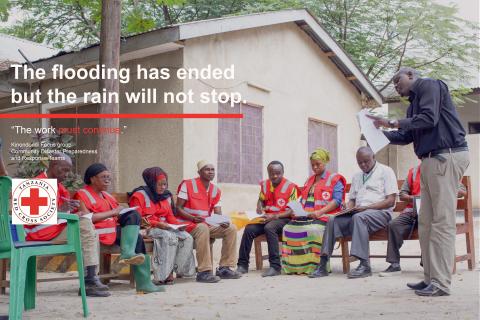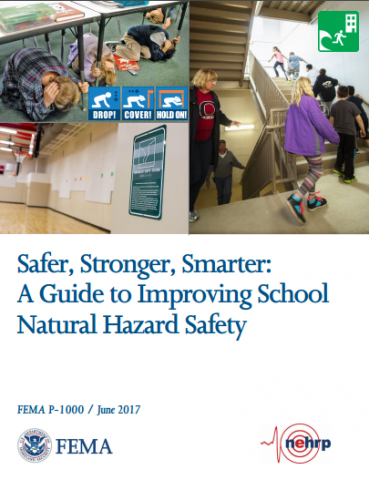The Flood Resilience Alliance (2013-2017)
Floods affect more people globally than any other type of natural hazard and they cause some of the largest economic, social and humanitarian losses. In 2013, Zurich Insurance, the International Federation of Red Cross and Red Crescent Societies (IFRC), Practical Action, Wharton Risk Management, and the International Institute for Applied Systems Analysis (IIASA) formed the Flood […]
The Flood Resilience Alliance (2013-2017) Read More »

